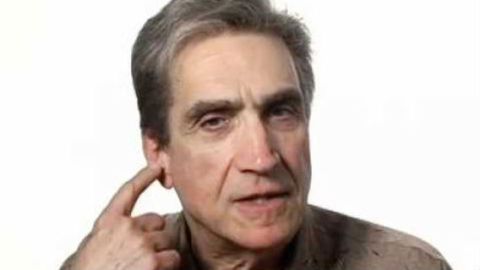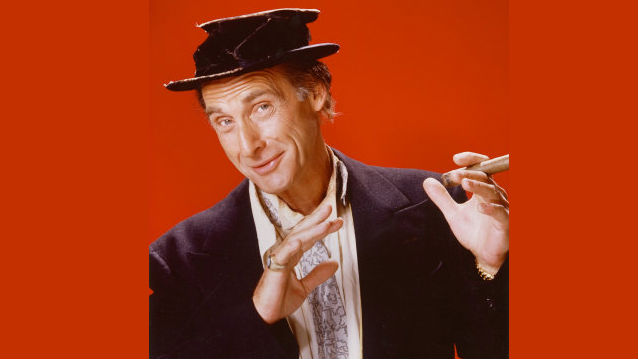How My Mind Writes Poems

All questions of process require an answer that begins with a very important sentence, and the sentence is: “Everybody is different.” Whatever way of working you name – methodical, haphazard, gets up early in the morning, sleeps all day, works at night, revises immensely, never revises at all – someone has made great work with that way. No personality type has a monopoly on making good works of art. So anything I say on this subject is just autobiography. Autobiography is a genre notorious for falsehood.
So my lies about the process involve the fact that I am not a methodical person. I don’t like to have a calm, orderly, quiet place to work. I often compose while driving, compose in my head. It is true that I wrote my little book, The Sounds of Poetry, A Brief Guide, almost entirely in airplanes and airport departure lounges. It was a couple of years in my life when I was traveling a lot and I decided to write down all the things that I knew about hearing poetry and form and all of the things I’d been saying to student poets for 20 years. I wrote them out. And everybody else was listening to the clatter of CNN in the background and announcements about other flights, and I was getting some work done.
My guide is the sounds of words. Say, I’m looking at a camera and a wall, and what’s camera backwards? Maker. And what wall backwards? Law. And for the maker, there are no laws. Method involves a slavish addiction to laws and we can only aspire to anarchy. And anarchy and camera have something going on. And I would just start, like somebody noodling on a piano, I would play with vowels and consonants and say, “what’s consonants inside out?” Stinks. And the first effort perhaps stinks, but you have to have the courage to go beyond it and readjust the F stops and the camera of your imagination.
So that’s a little glimpse, if that’s worthy of being called a method. That’s a glimpse of how my mind works and that is the part of my mind that writes poems.
In Their Own Words is recorded in Big Think’s studio.
Image courtesy of Shutterstock





